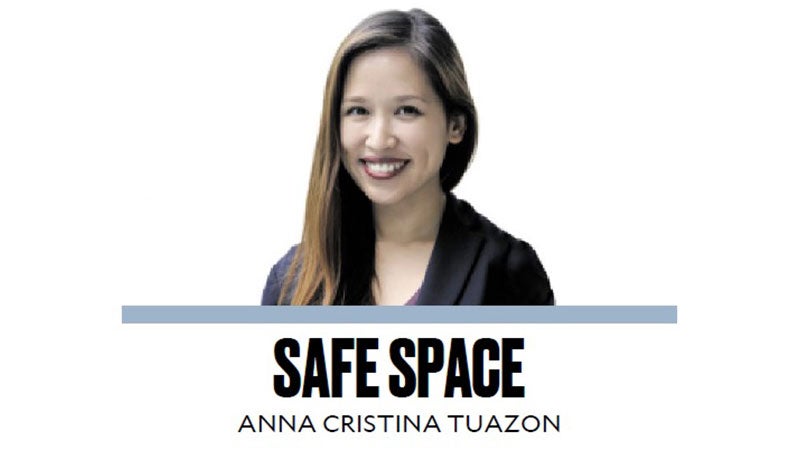Illiteracy is the tip of the iceberg

When I was first offered to write a column, the chairman instructed me to make sure that what I wrote could be understood by high schoolers. It seemed easy enough: avoid technical jargon and provide simple explanations. With the new figures coming out from the Philippine Statistics Authority (PSA), however, this is a much harder challenge than anyone could have anticipated.
The PSA released its 2024 figures which stated that 5.58 million Filipino high school graduates aged 10 to 64 years old, including junior high school completers, are “functionally illiterate.” This means that while they can technically read, write, and compute, they lack the comprehension skills to understand what they’re reading. Regardless of educational attainment, 24.82 million Filipinos in the same age range are also considered functionally illiterate. Another 5.86 million Filipinos aged 10 to 64 had “basic illiteracy” or were unable to read, write, and compute. Previous PSA definitions assumed that high school graduates are automatically functionally literate, but that no longer seems to be the case.
Functional literacy should not be the high bar it is now. Standards set by the Department of Education (DepEd) require basic literacy by Grade 3 and functional literacy by Grade 6, before high school even begins. This has not been implemented. Even as DepEd Secretary Sonny Angara insists that there is no policy of mass promotion in our public education, he also admits that there are “features in their system that may be putting quiet pressure on schools and teachers to promote students.”
The DepEd secretary is underselling a crucial point in our educational crisis—that the problem is rooted in the system. Our literacy crisis is only the tip of the iceberg. For so long, we have neglected the quality of our public education. None of the problems are new: classroom and materials shortages, lack of teachers, poor teacher quality, and lack of funds in general. These have been echoed by teachers and other stakeholders for decades. There are also prerequisite needs for optimal learning that are sorely lacking: nutrition and early childhood care and development. Not addressing basic growth and development means that children may be attending classes, but they are not able to absorb the lessons.
We are seeing hopeful signs that the government is taking this crisis seriously. Most recently, it approved 16,000 teaching positions for the coming school year. While we still need many more, this is a start, and the government has publicly committed to adding more in the coming years.
On May 8, the President signed Republic Act No. 12199, or the Early Childhood Care and Development (ECCD) System Act. It provides multiple aspects of ECCD, including standardized salaries for child development teachers and workers, the creation of ECCD offices in each local government unit (LGU), and funding for fourth– and fifth–class municipalities that do not have the financial means to maintain a daycare center.
I discussed this with a friend who worked closely on the development of this bill. She explained the groundwork and political will it required for the bill to adopt a systemic approach to the problem. They realized that the Department of the Interior and Local Government had to be involved—not just DepEd—since most of the relevant services were handled by LGUs. They included provisions for nutrition and health, as well as a full system of capacity building and sustainability for workers at child development centers (CDCs). There were also provisions for prevention, early intervention, and the inclusion of children with disabilities. Alternative modalities are also embedded in the law, including community- and home-based models. It is a very promising law and, as always, we’ll monitor its implementation closely.
Currently, only 36 percent of villages in the country have a CDC, despite existing laws mandating their nationwide establishment, according to the Second Congressional Commission on Education. The average salary of a CDC worker currently sits at P5,000 a month, most of them in non-permanent positions.
With ECCD getting a boost and taking the lead in recognizing that our nation’s problems are systemic and require systemic solutions, I hope this inspires others to follow suit. I hope that DepEd, especially under its new and motivated leadership, commits and invests in long-term solutions such as developing a high-quality and sustainable teaching force by collaborating with colleges that would allow vacant positions to be filled faster and with better assurances of quality. I hope that building classrooms—and accessible roads so that students can go to school safely—be fast-tracked by the government. I hope that every public school student never has to go hungry while in school. With the recent election of new public leaders, I hope they bring with them a hunger for positive change.


















Why Manila must deepen ties with Taipei